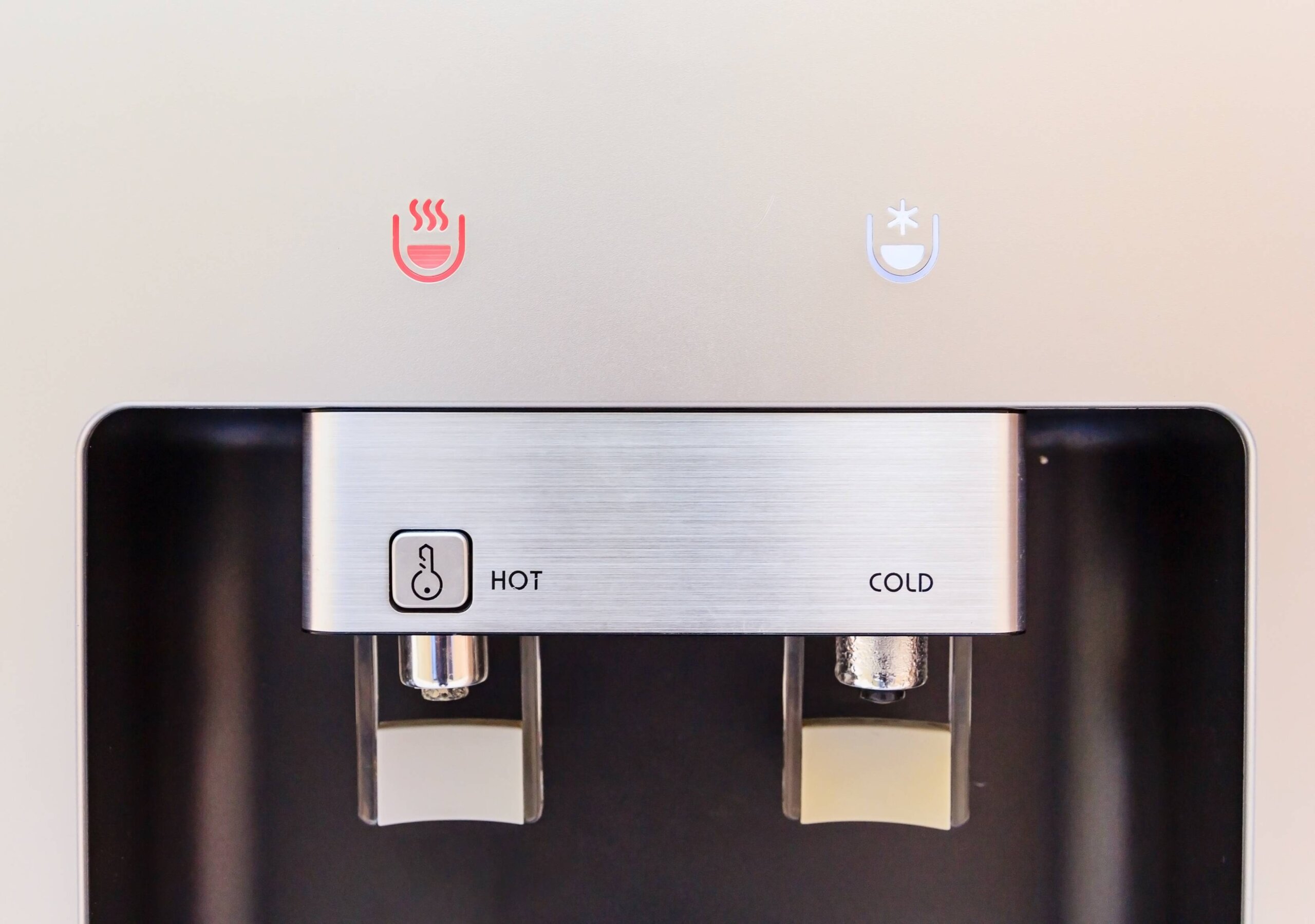Access to clean and safe drinking water is essential for health and well-being. In many parts of the world, tap water may not meet safety standards due to contaminants, pollutants, and minerals that can affect both health and taste. This is where water filters come into play. They are vital tools for ensuring that the water we consume is pure and safe. This article explores the importance of water filters, how they work, and the benefits they provide for households.
Understanding Water Contaminants
Before delving into the importance of water filters, it’s crucial to understand the types of contaminants that can be found in drinking water. Common contaminants include:
Microbial Contaminants
Bacteria, viruses, and parasites can infiltrate water supplies, often leading to serious health issues. For example, E. coli and Giardia are common pathogens that can cause gastrointestinal illnesses.
Chemical Contaminants
Pesticides, heavy metals (like lead and mercury), and industrial chemicals can leach into water supplies from agricultural runoff and industrial waste. Long-term exposure to these chemicals can lead to severe health problems.
Physical Contaminants
Sediment, dirt, and rust can affect water quality, making it less appealing to drink. These particles can come from aging pipes or environmental factors.
Chlorine and Chloramine
While chlorine is used to disinfect water, it can create harmful byproducts and affect the taste and odor of drinking water. Some filters are designed specifically to remove these chemicals.
The Role of Water Filters
Water filters are designed to remove impurities from water, making it safe for consumption. They work through various methods, including physical filtration, chemical absorption, and biological treatment. Here are some common types of water filters:
Activated Carbon Filters
These filters use activated carbon to trap impurities. They are effective at removing chlorine, sediment, and volatile organic compounds (VOCs), improving taste and odor.
Reverse Osmosis Filters
Reverse osmosis (RO) systems push water through a semipermeable membrane, removing a wide range of contaminants, including heavy metals and salts. RO systems are known for their effectiveness but can be slower and waste more water than other methods.
UV Filters
Ultraviolet (UV) filters use UV light to kill bacteria and viruses. They are effective for disinfection but do not remove chemical contaminants.
Ceramic Filters
These filters use porous ceramic to remove bacteria and sediment. They are often used in portable water filters for camping and outdoor activities.
Benefits of Using Water Filters
Enhanced Water Quality
The primary benefit of using a water filter is improved water quality. By removing contaminants, water filters provide safer drinking water, reducing the risk of waterborne illnesses.
Better Taste and Odor
Many people find that filtered water tastes better than tap water. By removing chlorine and other chemicals, water filters enhance the flavor and make drinking water more enjoyable.
Convenience and Cost-Effectiveness
Having a water filter at home reduces the need for bottled water, which can be costly and environmentally damaging due to plastic waste. A water filter provides a continuous supply of clean water at a fraction of the cost of bottled water.
Environmental Benefits
Using water filters helps reduce plastic waste from bottled water. By filtering tap water, households can play a part in decreasing the demand for single-use plastics, contributing to a more sustainable environment.
Health Protection
Filtered water protects against harmful contaminants, promoting better health. This is especially important for vulnerable populations such as children, pregnant women, and the elderly, who may be more susceptible to the effects of contaminants.
Choosing the Right Water Filter
When selecting a water filter, consider the following factors:
Water Quality Testing
Before purchasing a filter, it’s essential to test your water to identify specific contaminants. Home water testing kits can provide insights into the quality of your water and help you choose the right filter.
Type of Contaminants
Different filters target different contaminants. Choose a filter that effectively removes the specific impurities found in your water supply. For example, if your water has high levels of chlorine, an activated carbon filter would be suitable.
Filter Maintenance
Consider the maintenance requirements of the filter. Some filters need regular replacement cartridges, while others may require less frequent maintenance. Ensure you are comfortable with the upkeep involved.
Flow Rate and Capacity
Consider how much filtered water your household needs. Some filters have a higher flow rate and capacity, making them suitable for larger families or high usage.
Budget
Water filters come in various price ranges. Consider your budget, but also remember that investing in a quality filter can save you money in the long run by reducing your reliance on bottled water.
Maintenance and Care of Water Filters
To ensure the longevity and effectiveness of your water filter, regular maintenance is crucial:
Follow Manufacturer Guidelines
Each filter comes with specific instructions regarding maintenance and replacement. Follow these guidelines to ensure optimal performance.
Regularly Change Filters
Most filters require periodic replacement of cartridges or membranes. Regularly changing these components ensures that your filter continues to operate effectively.
Clean the System
Some systems may require additional cleaning to prevent buildup of contaminants. Regularly check and clean your filter system as needed.
Conclusion
Water filters play a crucial role in ensuring safe drinking water at home. By removing harmful contaminants, they enhance water quality, improve taste, and promote better health. With a variety of options available, it’s essential to choose the right filter based on your specific needs and water quality.
Investing in a water filter is not just a choice for convenience; it’s a commitment to health and sustainability. As awareness of water quality continues to grow, the importance of having a reliable water filter at home cannot be overstated. By ensuring access to clean drinking water, families can enjoy peace of mind and contribute to a healthier future.
